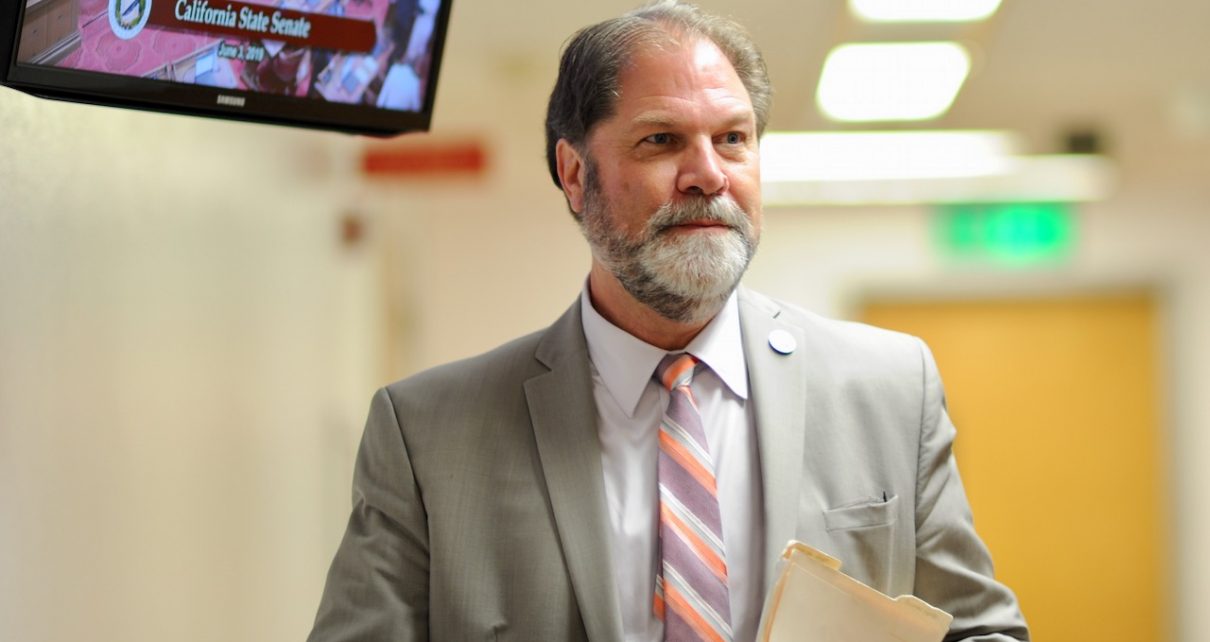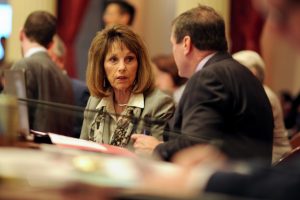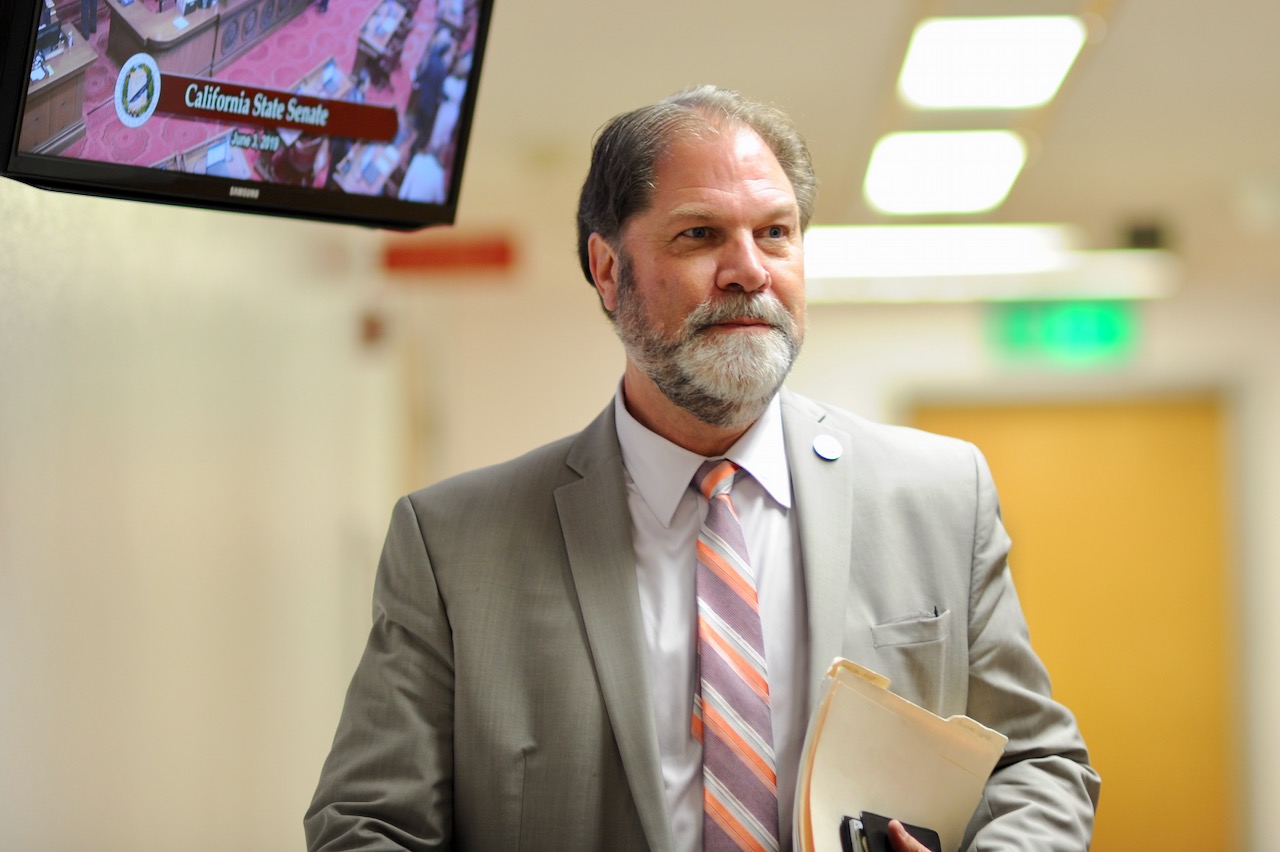
Senators Patricia Bates and John Moorlach Ask for Federal Help in Improving the Addiction Treatment Industry
Gov. Newsom has vetoed legislation for programs other states have successfully implemented
By Evan Symon, November 27, 2019 7:47 am
Senator Patricia Bates (R-Laguna Niguel) and Senator John Moorlach (R-Costa Mesa) sent a joint letter to United States Attorney General William Barr and U.S. Housing and Urban Development Secretary Dr. Ben Carson asking for help to improve the ongoing problems in California’s troubled addiction treatment industry.
The problems with addiction treatment centers and a high number of vetoed bills
With close ties to the current housing crisis and homelessness issues, the drug epidemic in California has brought a rise in addiction treatment centers. Because of the explosion of facilities, the amount of oversight over them has been minuscule. And because federal law classifies those recovering from drug addictions as disabled, it makes regulation and oversight efforts that much harder to implement because of different laws surrounding addict treatment, disability laws, and how they are classified.

This has led to an industry where patients are mistreated, insurance coverage of some patients has been exploited, and patients coming out penniless because of the high costs have boosted up numbers of California’s homeless epidemic, specifically in Southern California.
And despite the California Senate and Assembly passing laws in recent years, many critical vetoes have taken place. SB 589, which would have regulated addiction center marketing to stop false and misleading ads was vetoed by Governor Gavin Newsom, who said it had a ‘lack of jurisdiction’ over third party companies. In a similar vein, AB 920, which would have had all addiction treatment centers be licensed, was also vetoed by the Governor as the cost would have been too high to implement such a licensing program and also to replace a current outpatient program.
A plea for help

A mix of vetoes that would have instituted programs other states have implemented to great success and the industry currently remaining rampant with issues were the main factors in Senators Bates and Moorlach’s letter asking for help.
“California’s hands-off approach to regulating the industry makes it easy for these bad operators to take advantage of these vulnerable individuals,” stated the Senators in the letter. “Destitute and homeless addicts can be worth hundreds of thousands of dollars to unscrupulous rehab centers, where those addicts often are bought, sold and exploited for their insurance payments.”
Bills were stopped short of being approved
“The quality of care in these facilities is not consistent and does not always adhere to a specific set of standards. As a result, patients and their families can be misled, misdirected and misdiagnosed by unqualified individuals.”
There have been attempts in the Legislature to address unregulated sober living homes as well as state-licensed alcoholism or drug abuse or treatment facilities over the course of two decades, but the problems remain unresolved,” continued the letter. “Over the past few years, the legislation that we authored as well as many bills that we supported and co-authored did not advance through the legislative process, but several other bills were approved that begin to regulate this arena.”
“We are asking the U.S. Department of Justice and the U.S. Department of Housing and Urban Development to issue a new Joint Statement on the Americans with Disabilities Act (ADA) and the Fair Housing Act (FHA) to allow local governments to uphold national standards and best practices in sober living environments for the protection of residents in recovery.”
While the responses of Attorney General Barr and Secretary Carson are not yet known, the letter is a strong indicator that more bills, particularly altered forms of SB 589 and AB 920, may be on their way to the Assembly and Senate when the next session begins in January.
- Bill to Require Law Enforcement Disclosure if AI Was Used To Help Write Reports - August 7, 2025
- Gov. Newsom Files FOIA Request To ‘Expose True Cost’ Of L.A. Federal Troop Deployment for Anti-ICE Riots - August 6, 2025
- California Redistricting: How Newsom’s Plan Will Demolish Hard Fought GOP Gains - August 6, 2025



